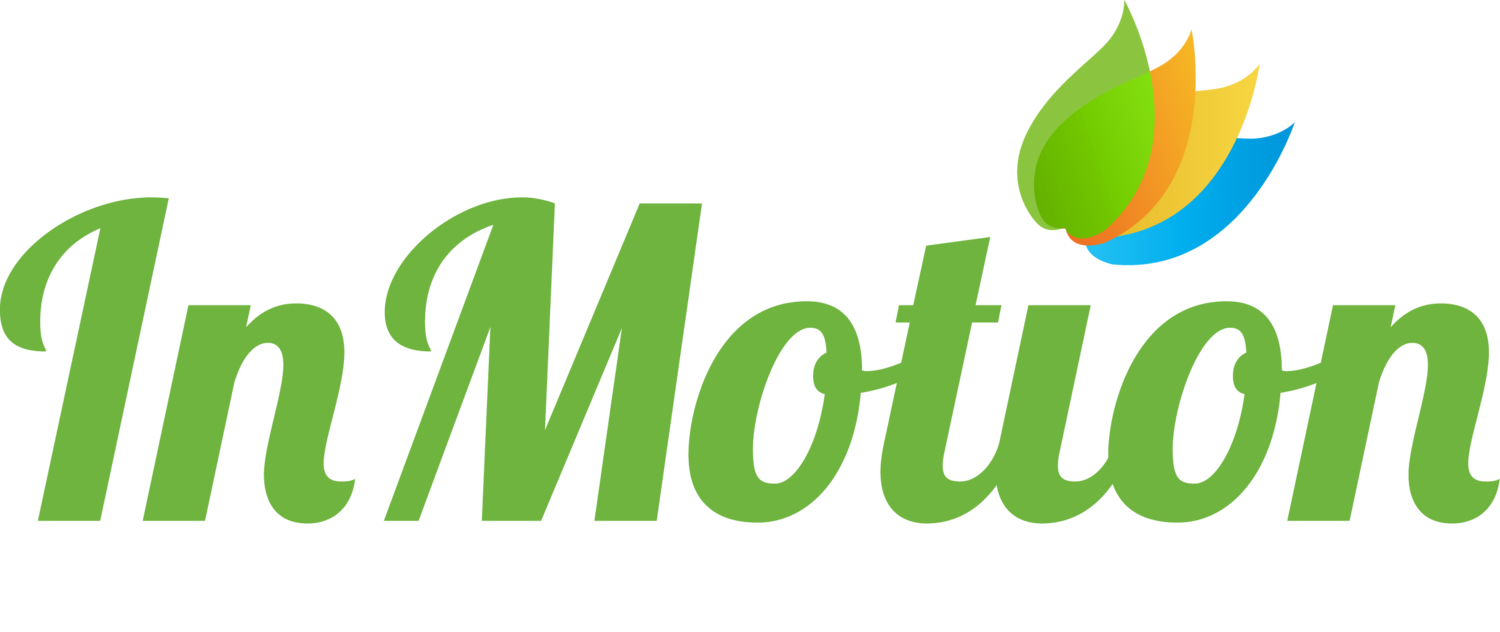Contemplation is a Vital Phase of Productivity
Michelangelo is said to have spent hours day after day, months on end, looking at a massive piece of stone, returning home each evening for dinner without taking a chisel to it. As the story goes, one day a prince visited Michelangelo asked, “What are you doing?” the response, “I’m working.” Three years later the David was complete.
Can you imagine that same story being told about you, or anyone you know today?
Today ”Productivity equals busy”. Contemplative time is viewed as a “luxury” reserved for people on vacation, the man who goes on 5-day silent retreats, philosophy professors and people in religious orders.
Your daily calendar of meetings and deadlines run up against each other. If you are lucky there is a 30-minute period where you can eat lunch while reading your emails.
You might be contending with a colleague pestering you for input on a project so she can push it off her desk and rush into the next.
Who has time indulge in contemplative time?
Not even the C-suite executives who are supposed to make wise and sound decisions that reflect full consideration of all the factors are supposed to take time to contemplate. They are supposed to be fast, decisive, be the personal with all the information and all the answers. All the time.
We know that that is unrealistic and can lead to some grave outcomes.
Contemplation is a Vital Phase of Productivity
Contemplation is not just remembering information. And it is certainly not day dreaming. Contemplation happens when you are purposely deep in thoughtful observation or consideration. The intention is to make sense of a situation or develop a sound plan.
Vital work happens in your mind during this phase of work as you consider ideas and approaches, best and worst case scenarios, and what course of action to take.
Contemplation Helps You Find the Right Course of Action and Avoid Problems
When you take stock of a situation, explore various perspectives, and see the potential benefits and drawbacks of a course of action, you can forecast possible challenges ahead and decided on strategies to avoid the problems that might result from these.
Contemplation Leads to Insights and Ideas
Focusing your mind on one situation helps you understand why you made certain decisions, took specific actions, what the affect of these were and if they paid off in the way you hoped they would. That leads to greater self and situational awareness, which in turn lead to useful insights.
Contemplation gives rise to new ideas that you can then share with others creating a rich exchange of ideas with colleagues. That leads to innovation.
It helps you make connections between disparate ideas and come up with solutions that are useful and novel.
Contemplation Enhances Your Reactivity
When in a “act-now” situation your thinking remains focused and your actions intentional, because you have taken time in the past to contemplate various scenarios and outcomes. That primes your mind to be ready to react in a thoughtful way. You can make quick decisions and take swift actions that are rooted in a slow rich decision making process.
Contemplation Doesn’t Take More of Your Time
Contemplation does not require cramming one more item into your schedule. You can use a “do and reflect” approach. Here are three examples of this approach.
- Take 10 minutes during your morning routine to consider questions like “What helped me get to where I am in this my career?” “Where I am lying to myself?” or “How can this be easier?” before deciding what to do next.
- Use your afternoon coffee break to review what has happened during your day and what need to happen next.
- Working out is an ideal time if you need to reflect about something that pushes your buttons so that you can figure out a way to ameliorate the effect it has on you. Plus burn off your frustration.
So how will you make contemplation part of your productivity process?
